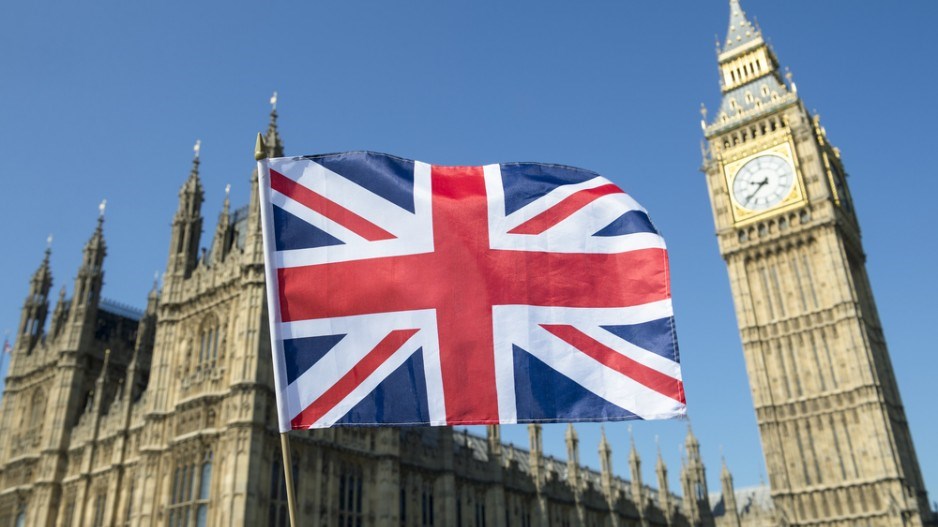Enormous political and economic upheaval continued this morning in the aftermath of the U.K.’s decision to leave the European Union.
Stock traders and commentators struggled to keep pace with changing events in London, amid political interventions to calm markets on the one hand, and talk of political coups on the other.
At the start of Monday trading, chancellor of the exchequer George Osborne sought to reassure markets that had been sent into a tailspin on Friday after the shock EU referendum decision.
“The Bank of England stands ready to provide 250 billion pounds through its normal facilities to continue to support banks and the smooth functioning of markets,” said Osborne, himself under enormous political pressure having been a key figure in the failed campaign to remain within the EU.
“It will not be plain sailing in the days ahead. But let me be clear. You should not underestimate our resolve. We were prepared for the unexpected and we are equipped for whatever happens.
“We are determined that unlike eight years ago Britain’s financial system will help our country deal with any shocks and dampen them, not contribute to those shocks and make them worse.”
As of 4 a.m. MDT, the pound had fallen to 1.3221 pounds in its continuing struggle against the U.S. dollar. Among the banks, shares in Barclays and the Royal Bank of Scotland were also down significantly. Brent oil was up US$0.05, to US$48.46.
The U.K. also witnessed today tremendous upheaval within the Labour Party, the official opposition to outgoing Prime Minister David Cameron’s Conservative Party.
A fleet of Labour shadow cabinet and shadow ministers have resigned their positions in protest against the leadership of Jeremy Corbyn, in what has been described by many as a bid to oust the opposition leader. Corbyn announced this morning a new shadow cabinet.
And within the nation at large, there continues to be widespread dismay among the 48% of the U.K. that voted to remain within the EU. While London and Scotland voted resoundingly to remain, large parts of the rest of the U.K. voted to leave, a choice that has largely been characterized as a vote against immigration and EU governance.
With Prime Minister David Cameron announcing his decision last Friday to resign by the fall, debate is intensifying over who should take his place. Boris Johnson, the former Mayor of London and the chief figurehead of the successful “Leave” campaign, is the front-runner.




